There comes a point (or several) when your manuscript is ready (or not) for aliens.
 Not the kind from outer space, but real READERS. For the FATE manuscript, I asked two fellow writers whom I’d met at a writing workshop. I gave them the 4th draft of the manuscript late last year, and both got back to me within a few weeks with their comments. Each reviewer provided me with specific feedback, suggestions, and corrections, and each looked at the story from a different perspective and provided a completely different kind of response. As a direct result of their feedback, I restructured much of the manuscript, rewrote the opening scene, and deleted about 40 pages from my manuscript. I am indebted to both of these ‘first readers’, who were critical in helping me to discover the real story. This is the basic list of questions I asked these wonderful, brave, writers (in November 2010):
Not the kind from outer space, but real READERS. For the FATE manuscript, I asked two fellow writers whom I’d met at a writing workshop. I gave them the 4th draft of the manuscript late last year, and both got back to me within a few weeks with their comments. Each reviewer provided me with specific feedback, suggestions, and corrections, and each looked at the story from a different perspective and provided a completely different kind of response. As a direct result of their feedback, I restructured much of the manuscript, rewrote the opening scene, and deleted about 40 pages from my manuscript. I am indebted to both of these ‘first readers’, who were critical in helping me to discover the real story. This is the basic list of questions I asked these wonderful, brave, writers (in November 2010):
- Please make note of areas in the manuscript where you notice:
-
Character motivation is unclear or unbelievable
-
Scenes that start or end too abruptly
-
Any places where you stop reading and put the manuscript aside or skim (where the story gets boring). Boy am I glad I asked this one!
-
Clichés
-
Anything that doesn’t make sense or is not credible.
-
Continuity issues or areas of confusion (timeline, logistics, etc)
-
Any sections you had to read twice
-
Factual errors or other obvious mistakes.
-
Anything that doesn’t work for you.
-
Grammar and technique:
-
Pointless repetition of something unneeded that had already been made clear earlier
-
Overuse of particular words or phrases
-
Excessive exposition / description
-
Is the setting clear?
-
Is the dialog natural? Interesting? Is there enough?
-
Anything else that you think might help!
- What doesn’t work and why?
-
Does it flow?
-
Is the writing interesting?
-
Is the voice / protagonist interesting & likable?
-
Do you want to read more?
-
Is it done yet? Or does it need something more/ different?
 I’m getting closer to the ‘final’ draft. I never would have imagined it would have taken me this long, but this latest draft is so different, and so much better than the one I sent to the first readers, it’s like night and day. In the future, I know this process won’t take me as long, because I know so much more now. I learn something new and different from each (specific) review. I don’t agree with every suggestion / critique, but I do learn from each and every one. How will I know when I’m done? Stay tuned.
I’m getting closer to the ‘final’ draft. I never would have imagined it would have taken me this long, but this latest draft is so different, and so much better than the one I sent to the first readers, it’s like night and day. In the future, I know this process won’t take me as long, because I know so much more now. I learn something new and different from each (specific) review. I don’t agree with every suggestion / critique, but I do learn from each and every one. How will I know when I’m done? Stay tuned.


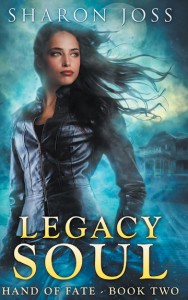

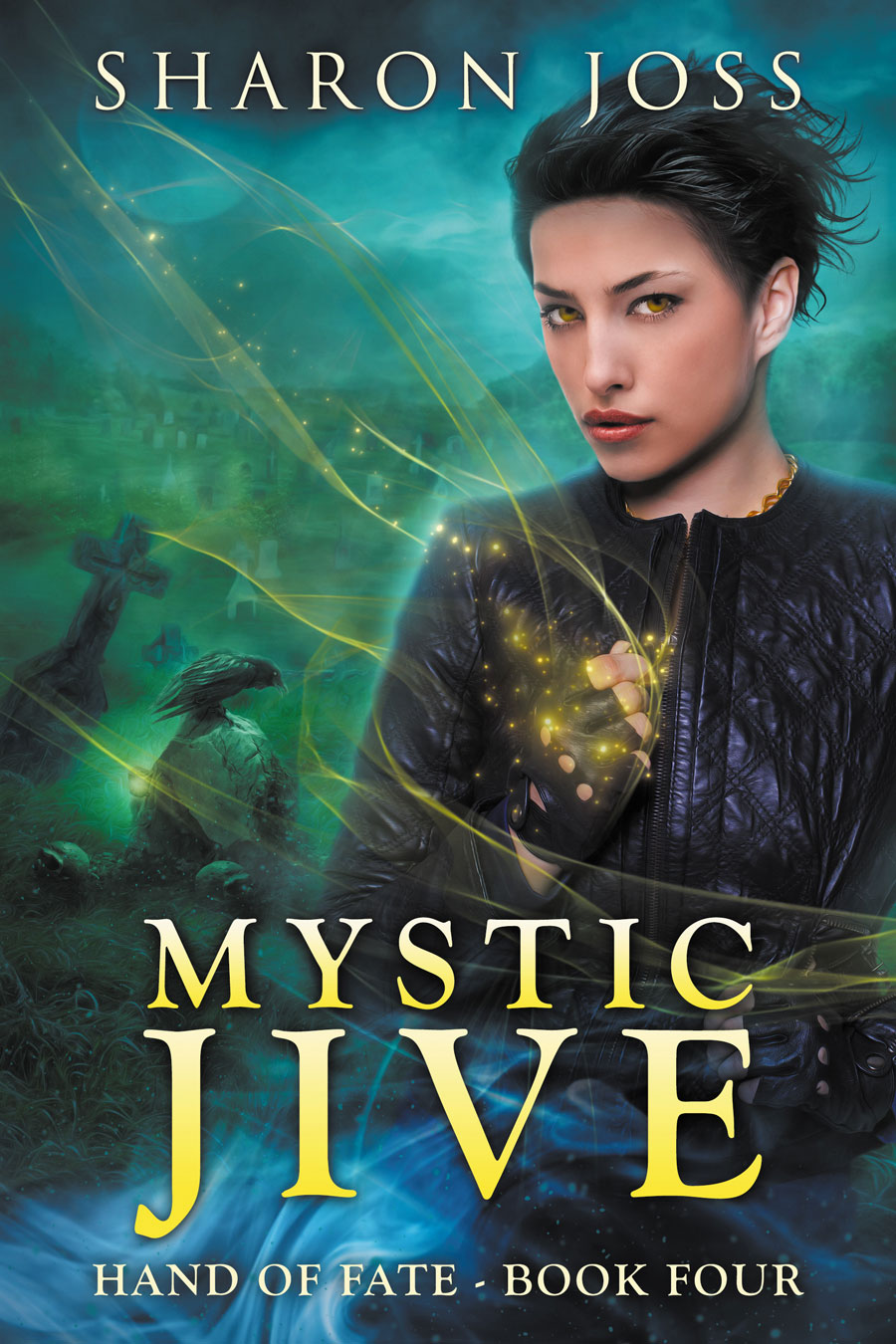
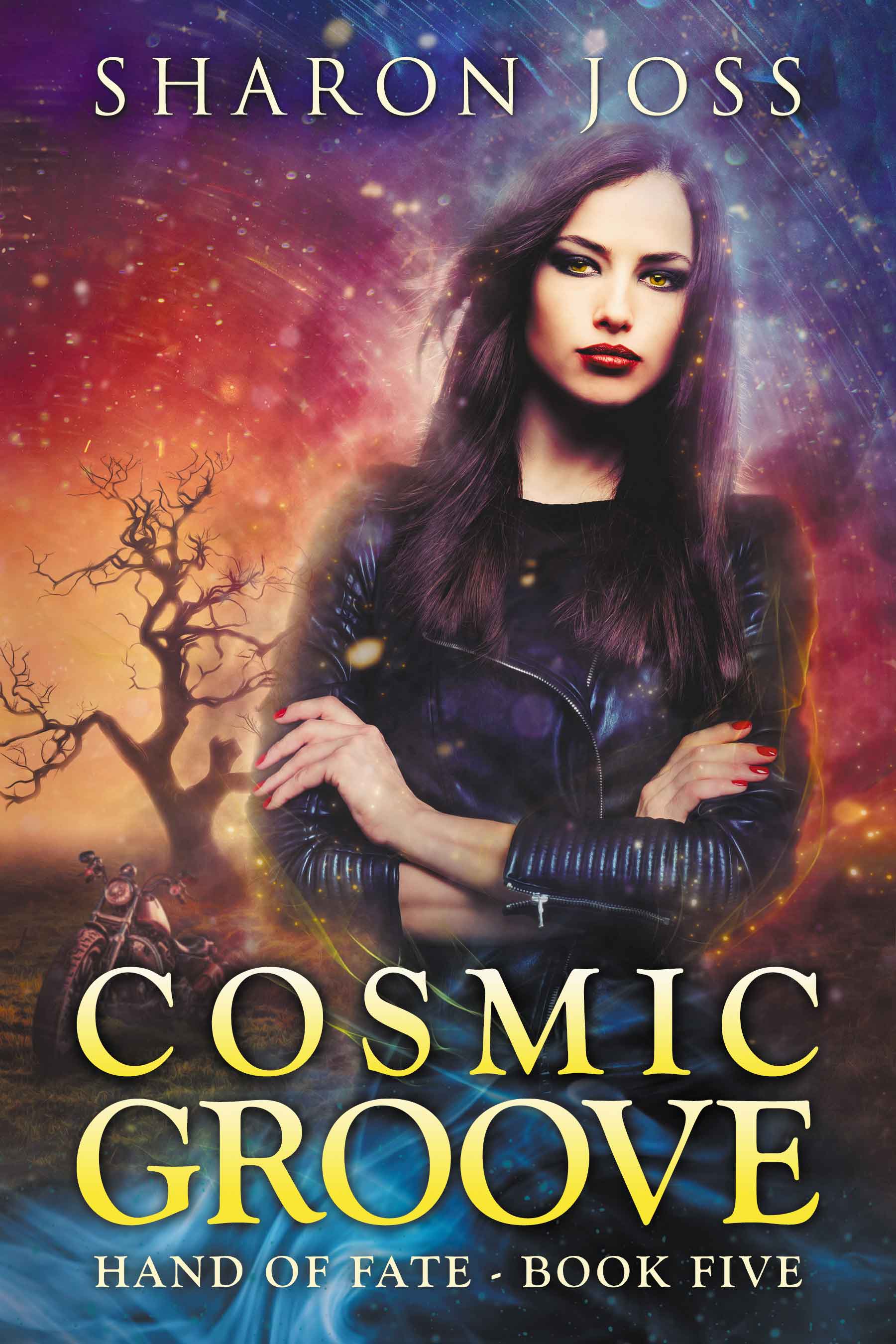

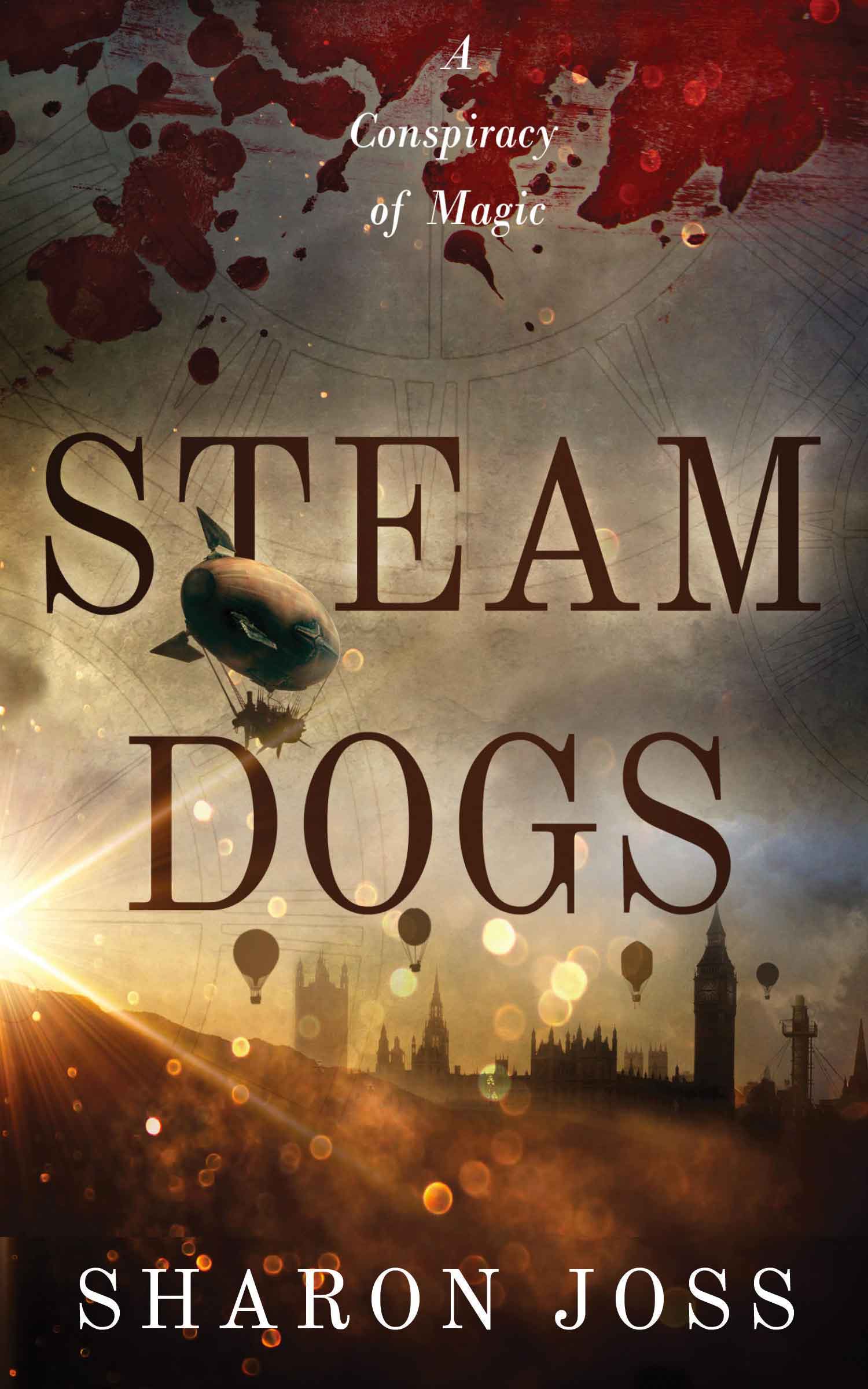
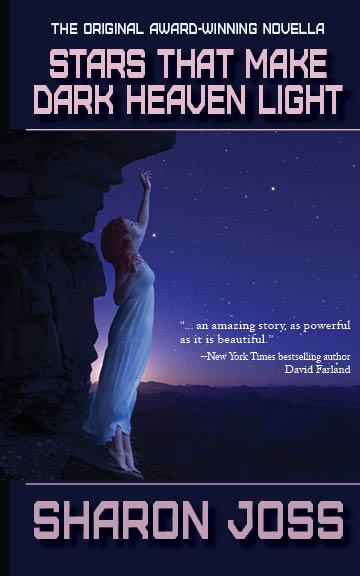

Aren’t revisions fun? I’ve actually lost count with mine, but I’m starting to see light at the end the tunnel (I think!)
Your story was incredible to read last year, so I can only imagine how great it is now. Can’t wait to see it in print ;-))
Critique groups are great for revisions… I’d be a worse writer if I didn’t have them… Sounds like your received awesome feedback.
First time on your blog – found you on Online Writing Workshop – just joined:)
Tania